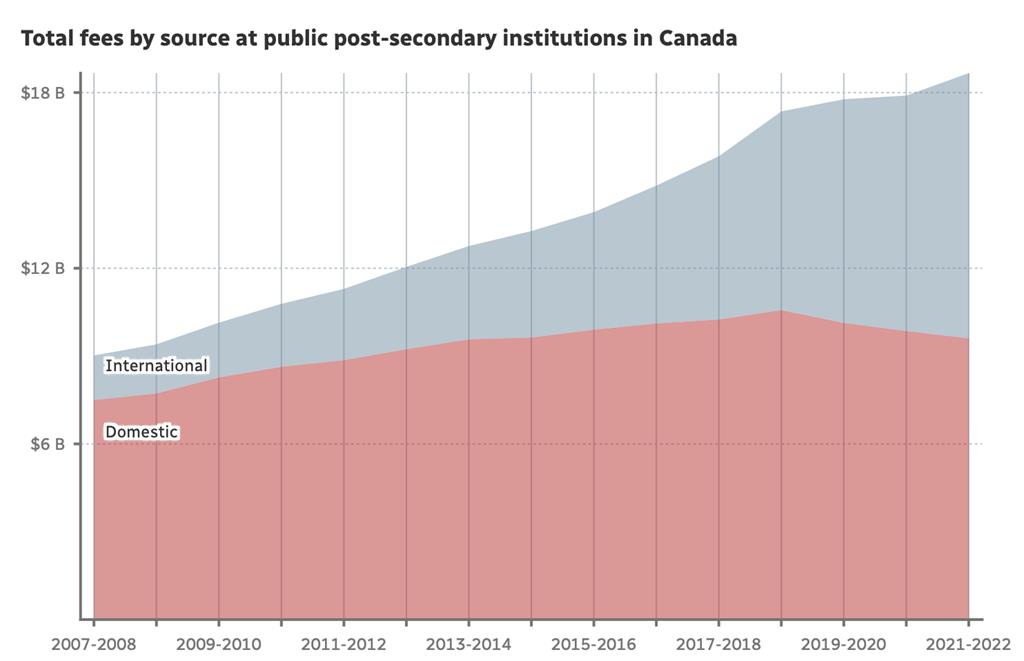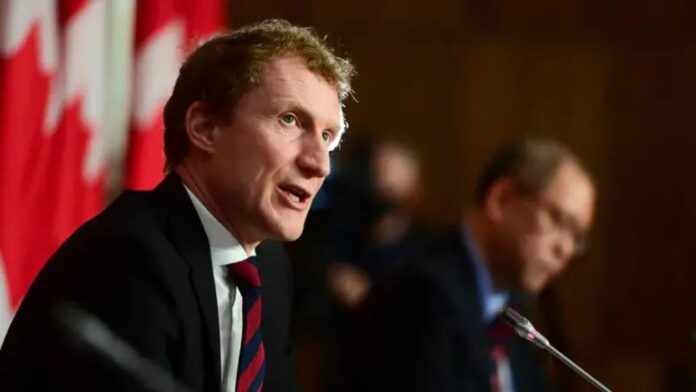On Jan. 22, 2024, the Canadian federal government implemented a two-year cap on international student study permits and visas. The government claimed that the goal behind these caps is to improve the quality of international students’ studies by bringing in higher standards and greater accountability for educational institutions in B.C. The cap is also meant to alleviate the housing crisis by removing some of the demand from the housing market by having fewer non-permanent residents renting in Canada.
According to a CBC report, the government said it “will approve approximately 360,000 undergraduate study permits for 2024 — a 35 per cent reduction from 2023.” In a public announcement, Marc Miller, the minister of immigration, refugees and citizenship, said that in some provinces, the total reduction in permits could be up to 50 per cent.
The Cascade reached out to David Johnston, university registrar, for further insight on the potential impact this may have on UFV. Johnston explained that there is now a different process by which the government will distribute study permits. It’s a similar procedure, only now they’ve added an attestation letter which will be provided by the provinces and territories. Once a student receives an attestation letter, they can use it to apply for a study visa or permit. This letter confirms the province’s or territory’s support of the student applying.

“The State of Postsecondary Education in Canada” (2023) (CBC)
“The two things holding us up now are how many students can we allow to apply and how do we get the letter from the province,” said Johnston.” He explained that prospective students are now being held in suspense thanks to this new disruption. “They’re waiting along with the rest of us.”
Johnston stated that prior to late last year, a student had to prove to the Canadian government that they had ten-thousand dollars on deposit, but now it has increased to twenty thousand. “Many things are changing all at once,” said Johnston, “and then [the federal government] said, ‘we’re going to limit the number of study permits we allow each year.’” He observed that while there is more of a focus on private institutions, UFV, and all other public universities in British Columbia, are “swept up in this.”
The Feds are also using the cap to take action against private universities across Canada. In a press conference, Miller said, “it’s unacceptable that some private institutions have taken advantage of international students by operating under-resourced campuses, lacking supports for students and charging high tuition fees all the while significantly increasing their intake of international students.”
The provincial government is also implementing new measures to address some of the exploitative practices of private degree programs, imposing higher standards, and setting minimum language requirements.
Out of the 360,000 permits the government is expected to generate each year, they are going to allocate a portion of these to each province and territory. British Columbia will receive around 83,000 student permit applications per year under the new system. “The challenge for the government,” said Johnston, “is how you’re going to split those up between public institutions and private institutions, and that’s what we’re all waiting for… each university gets an allocation — but we don’t know what it is yet.”
The federal government says that by allotting a portion of the total and distributing the permits according to population, this will result in “much more significant decreases in provinces where the international student population has seen the most unsustainable growth,” According to Johnston, UFV is not too worried, provided the government distributes the permits reasonably. “We think that UFV will get a fair allocation that will allow us to continue going on as usual.”
Johnston stated that the percentage of international students at UFV was just under 20 per cent for the Fall 2023 semester. This number does not include students in the trades programs, but solely those pursuing bachelor’s degrees and diplomas. With the little information known at this time regarding the new system, it remains unclear how this number will change and what other effects will come from the new implementations.


